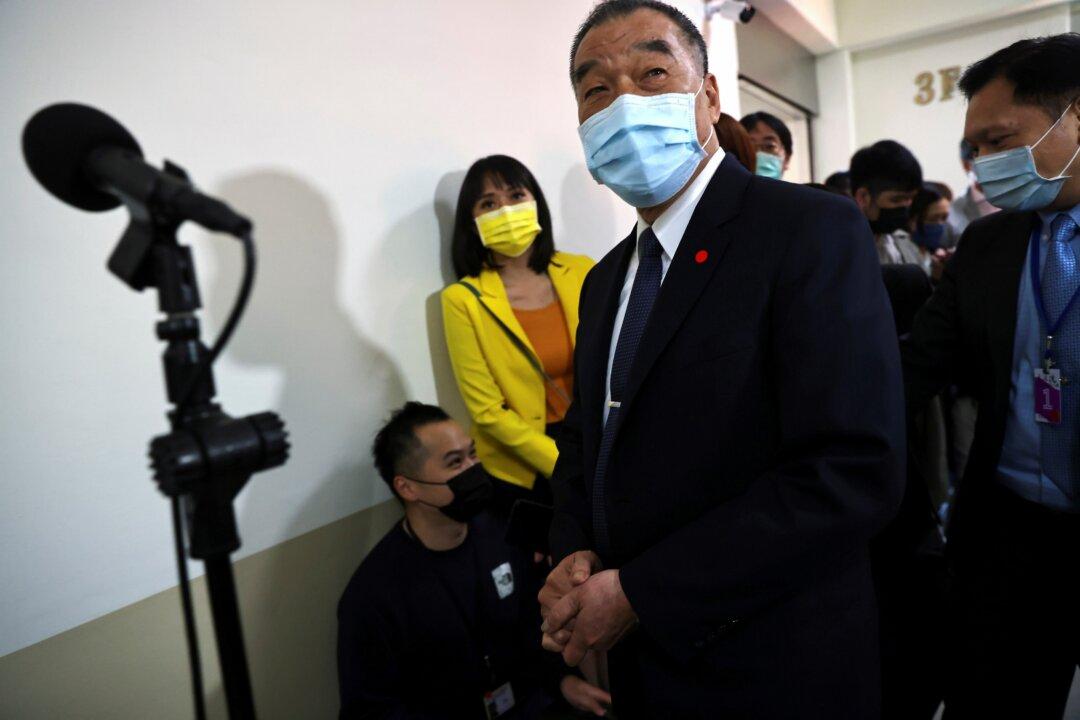TAIPEI—Taiwan Defense Minister Chiu Kuo-cheng warned on Monday the island has to be on alert this year for a “sudden entry” by the Chinese military into areas close to its territory amid rising military tensions across the Taiwan Strait.
The Chinese regime has stepped up its military activities around Taiwan in recent years, including almost daily air force incursions into the island’s air defense identification zone.





